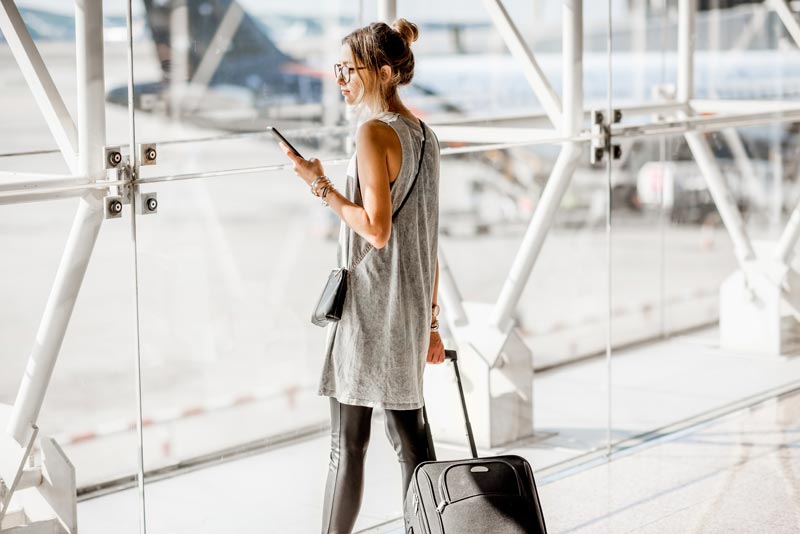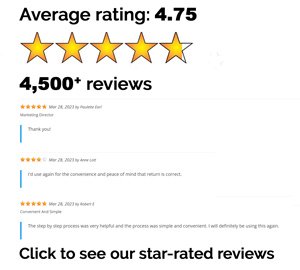After being stuck at home for the last year, you’re probably anxious to take a vacation. However, the CDC recommends holding off until you’re fully vaccinated. This is defined as 2 weeks after you’ve taken the final dose. Even if you are vaccinated, you still need to take certain precautions to keep you and your loved ones safe. Here are the latest travel recommendations.
Plan ahead
Different places have different rules so do your homework beforehand. If you’re planning to travel domestically, you can use the CDC’s Travel Planner tool to learn what restrictions your destination has in place. Keep in mind, you may be required to self-quarantine for part of your trip. The CDC website can also tell you which countries have the highest Covid risk if you plan to travel internationally. Obviously, those are the places you want to avoid.
Choose the travel option with the least amount of risk
When deciding where to go, it’s important to factor in how you’ll get there and where you’ll stay. Connecting flights may be cheaper, but multiple transfers and layovers can increase your risk of catching Covid-19. If you’re going to fly, choose a direct flight. Taking a short road trip with members of your household or those who are fully vaccinated is also a safer option. Longer trips will require more pit stops and being in contact with strangers. As far as accommodations go, your best bet is to stay in a vacation rental with your travel buddies. Hotels with crowded common areas are less safe.
Get vaccinated before you go
Everyone aged 16 or older is now eligible to get the Covid vaccine so schedule an appointment at a location near you. Getting vaccinated can protect you from Covid-19 and prevent you from spreading it to others. However, you must wait two weeks after the final dose to be considered fully vaccinated.
Be prepared to take multiple COVID tests
If you plan to travel internationally, you may be required to show proof of a negative Covid test before leaving for your destination. Get tested 1-3 days before departure and bring a copy of your results with you. Postpone your trip if the results are positive. You’ll also be required to get tested again before you re-enter the U.S.
Wear a mask
Like it or not, you’re required to wear a mask on planes, trains, buses and other forms of public transportation. Some states like California, Hawaii and New York also require you to wear a mask when in public spaces such as the gym, stores and restaurants. So don’t leave home without it.
Consider where you’ll eat your meals
Most people don’t want to do any cooking while on vacation, but it’s the best option for staying safe. Taking advantage of the drive-thru, curbside pickup or delivery is also safer than eating at a restaurant. If you must eat out, call the restaurant ahead of time and find out what they’re doing to keep patrons safe. Ask if outdoor seating is available and if social distancing is possible. Then take it from there.
Take every precaution possible to stay safe
The world is starting to open up, but the coronavirus hasn’t gone away. You still need to take the proper precautions to stay safe, even on vacation. Avoid large crowds and try to stay at least 6 feet away from anyone outside of your travel circle. Continue to wash your hands frequently with soap and water to keep the germs away. Carry a small bottle of hand sanitizer containing at least 60% alcohol with you for times when you don’t have access to a sink.




